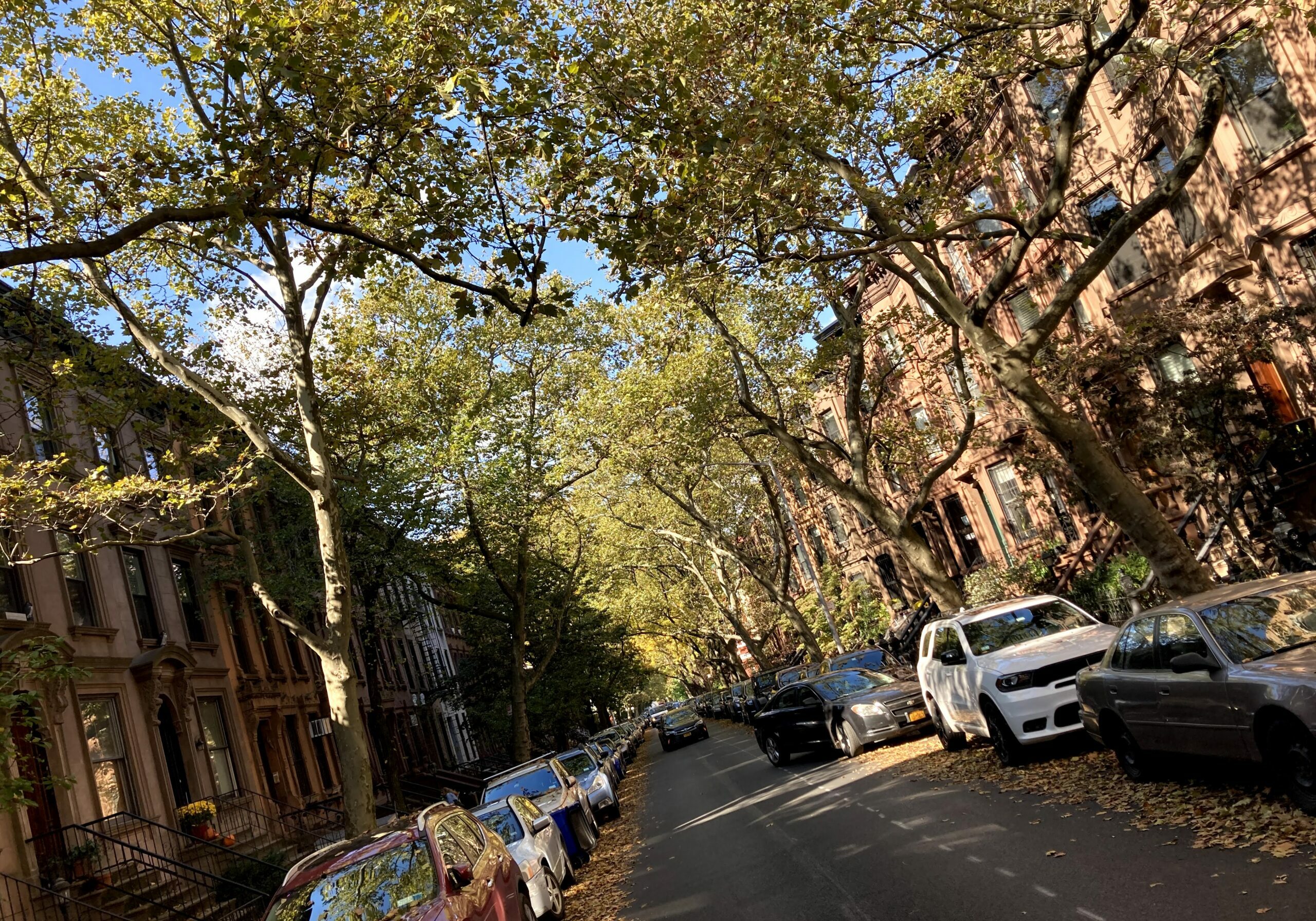June 24, 2024
How important is continuity to you?

Have you ever seen a movie where cameras or crew were caught in the reflections?
What about props disappearing and reappearing from the scene?
Or an actor’s eye lines not matching between shots?
I used to love discovering these on screen gaffes when I was a kid. Hey look! The actor is holding a beer in his right hand, but then the frame ends, and in the next shot, he’s holding the beer in his left hand!
Isn’t that interesting? Does anyone else feel offended by that?
It kind of felt like a superpower. Like I noticed something in the movie that nobody else in the audience did.
But looking back, this ability wasn’t necessarily my attention to detail or perfectionistic nature. It was my sense of continuity. See, all human beings crave continuity. In a chaotic world where we’re all searching for permanence to help us through the turbulence, we find homeostatic balance in sameness.
Now, a state of stability and the absence of disruption isn’t always possible, but it’s certainly our evolutionary preference. Continuity is what gives people a sense of security, conserves mental energy, helps us maintain a coherent sense of self, builds emotional attachment and contributes to our sense of meaning.
Of course, sense of continuity varies from person to person. While it is a universal human need, people differ in the extent to which they value and prioritize it in their lives.
Personally, my own sense of continuity makes sense, as I am someone who indexes high on conscientiousness. I value order and routine. I was fortune to experience consistent and reliable care from my parents as a child, with few attachment disruptions. My upbringing was relatively stable. I had a consistent life history, and so, I have a strong sense of continuity as an adult.
That’s why I love movies that use the one shot technique. This is a method directors employ to make their movie look as if it was filmed without cuts. The sequence of shots feel as unified and fluid as if they were a single take. The audience feels like nothing has changed in terms of time and space. This reinforces a sense of realism in the story.
Iñárritu, a favorite director of mine, experimented with lengthy shots in several of his movies. He famously filmed each scene fifteen to twenty times, and then stitched them all together to look like one take. The movies were true technical achievements, and his dedication paid off, as he won four academy awards.
How important is continuity to you? Do try to stay in touch with rhythms of life?
My theory is, considering the unpredictable events and changes that happen to us, we should be treating continuity as a filter for making our lives more fulfilling.
Improve your ability to connect the dots. Don’t just reflect on the events of your life, draw connecting lines between a seemingly random arrangement of events to produce a holistic picture. Pick up all the central threads and weave them together into a firm pattern of meaning and responsibility.
Actively seeking relationships, patterns, and meanings between different elements.
It requires a lot of intention and attention, an analytical mindset, and a willingness to explore diverse perspectives. But connecting the dots is what helps you create a more comprehensive understanding.
You’ll find that making logical inferences to integrate items to reveal something previously hidden or unknown is existentially satisfying in way nothing else is. You absorb them, and they become fibers in the tapestry of your psyche.
If you do those things, I can’t promise your life will feel like a one shot movie with sequence of unified and fluid scenes.
But at the very least, you’ll enjoy the show.
Do you believe your psychic balance depends upon a sense of personal continuity through time?

